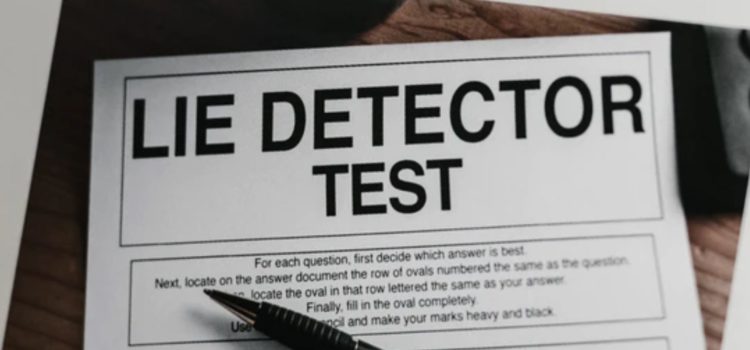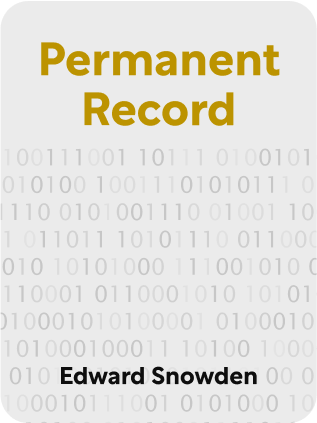

This article is an excerpt from the Shortform summary of "Permanent Record" by Edward Snowden. Shortform has the world's best summaries of books you should be reading.
Like this article? Sign up for a free trial here .
How does government clearance work? What is the TC/SCI clearance level? What did it take to get Edward Snowden clearance?
Government clearance is a background check process that allows certain For Edward Snowden, clearance was the key to public service.
Learn more about Edward Snowden, security clearance, and the overall process.
How Edward Snowden Got Government Clearance
The federal government is the only entity that can grant a security clearance and they only clear people who are sponsored—people who have an offer for a job that requires clearance. Most private companies don’t want to hire uncleared people and pay them while they’re waiting for clearance to come through. Therefore, most people get their clearance by taking a government job. Once they have it, they can leave the government and take their clearance with them.
There are three levels of security clearance: confidential is lowest, then secret, then top secret. Top secret also has an additional qualifier, Sensitive Compartmented Information (TS/SCI). The highest-level intelligence positions require TS/SCI and it can take over a year to get this clearance.
To get TS/SCI, a candidate undergoes a Single Scope Background Investigation. This investigation is primarily to find out if a candidate has anything that could be used against them. They care less if your record is perfect and more that you’re honest. If you have a secret, an enemy could use it against you to get access to sensitive parts of your job.
Edward Snowden’s Clearance Process
When Ed Snowden was getting his clearance, he was nervous even though he didn’t really have anything to hide. But the check would look into every element of his life. The National Background Investigations Bureau talked to everyone Ed knew, including, he suspects, a man he worked with once at a snow cone stand.
For Edward Snowden, clearance and the background check made him reflect on his childhood online activities. He was less worried about embarrassing searches for porn—everyone does that—and more concerned about his posts on forums. They weren’t necessarily going to cause a problem for his clearance, but he felt they were stupid. They reflected opinions he’d changed, things he’d said just to be inflammatory (a large part of early Internet culture), or things he’d never meant at all and had said just to get attention. He disagreed with what a lot of his childhood self had written.
Ed could have deleted his posts if he’d wanted to. This wasn’t illegal, nor would it have affected his clearance. However, he decided to leave everything up. Interestingly, his dating profiles never embarrassed him. Reflecting back on this as an adult, he thinks this is because they were supposed to attract real-life attention, so he’d been thoughtful about the content.
The final stage of the Snowden security clearance process was a polygraph interview. All the questions were yes or no answers and he had to answer them all three times. He passed all three times and came out with the TS/SCI as well as the “full scope polygraph.”

———End of Preview———
Like what you just read? Read the rest of the world's best summary of Edward Snowden's "Permanent Record" at Shortform .
Here's what you'll find in our full Permanent Record summary :
- What Ed Snowden discovered that caused him to completely lose faith in the government
- How Snowden led the bombshell reports of US mass surveillance
- How Snowden is coping with his treatment as both patriot and traitor






